5 Blockchain Use Cases Beyond Cryptocurrency
December 5, 2025
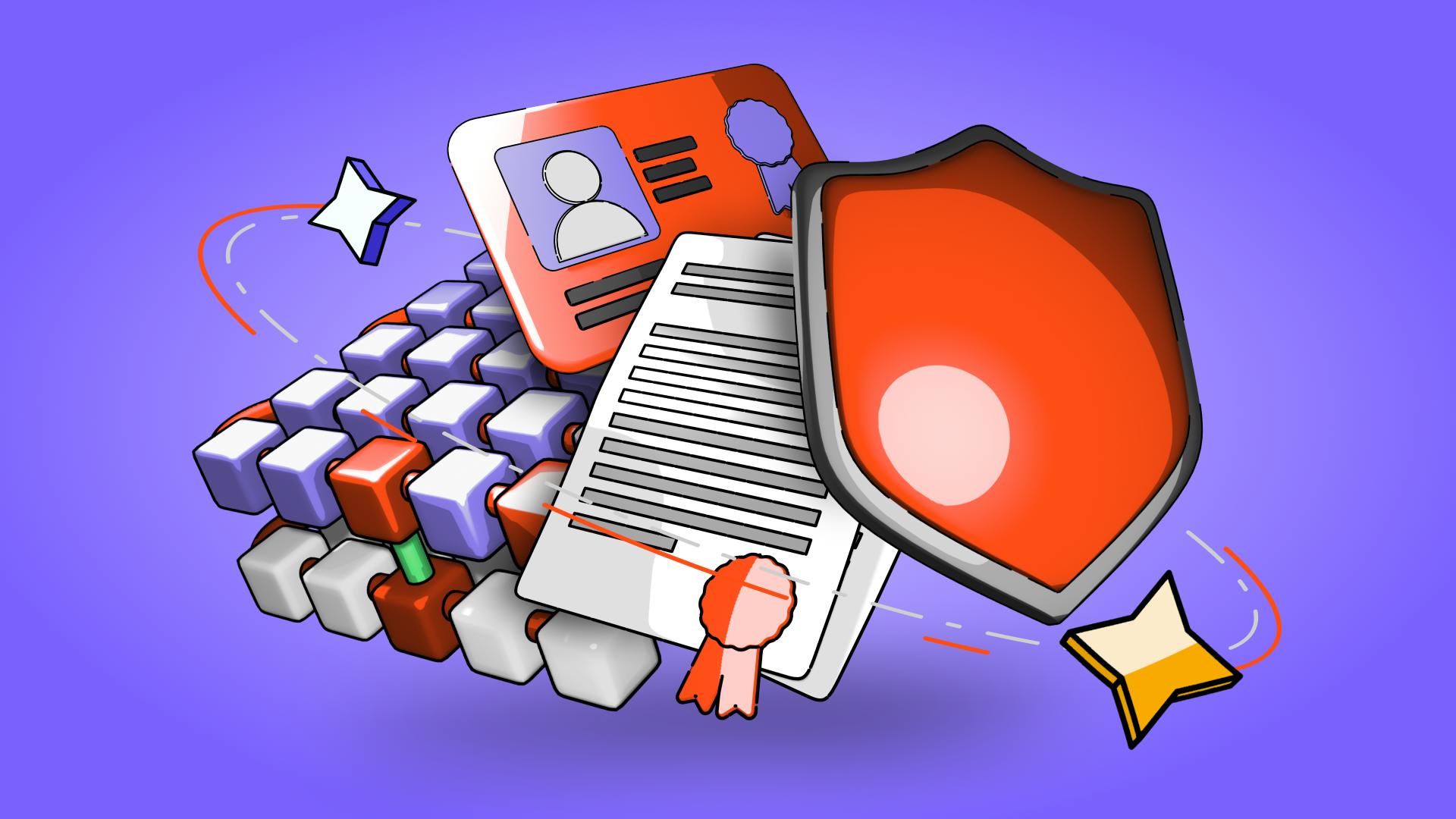
by Coinmetro Editorial Team
December 5, 2025
Blockchain technology often gets linked to cryptocurrencies like Bitcoin and Ethereum. People see it as a tool for digital money, but it offers much more. Its key features—transparency, immutability, and decentralization—support new ideas beyond cryptocurrency.
Businesses and governments use blockchain to solve problems and improve various systems. This article explores five real-world use cases that are changing how industries work. Supply chain tracking, digital identity, healthcare security, voting, and smart contracts stand out. These examples show blockchain’s power to transform more than just finance. Each use case brings trust and efficiency to everyday processes.
In this blog, you will learn about:
- Supply chain transparency
- Digital identity
- Healthcare data security
- Blockchain voting systems
- Smart contracts
The Problem: Traditional supply chains hide details from businesses and customers. This lack of visibility makes verifying product authenticity tough. Counterfeiting thrives when companies cannot track goods easily.
How Blockchain Helps: Blockchain builds a shared ledger that nobody can change. It records every step of a product’s journey clearly. Companies and consumers see the full path from start to finish.
Real-World Example: IBM and Maersk track goods with blockchain technology today. They follow products from manufacturers to store shelves accurately. This real-world use proves blockchain’s value in supply chains.
Key Benefits:
- Real-time product traceability. Companies monitor goods as they move.
- Fraud prevention through tamper-proof records. Fakes get caught early.
- Enhanced consumer trust through verifiable origin data. Buyers know the source.
The Problem: Centralized identity systems face risks from data breaches and theft. Hackers target these platforms, exposing personal information quickly. This leaves users vulnerable to fraud and loss.
How Blockchain Helps: Blockchain lets people manage their own digital identities securely. It removes the need for third-party companies to hold data. Users decide who sees their information and when.
Real-World Example: Microsoft’s ION uses blockchain to create decentralized identities. Built on Bitcoin’s network, it gives users control over their data. This solution shows blockchain’s strength in identity protection.
Key Benefits:
- Self-sovereign identity with user-controlled access. People own their data fully.
- Reduced risk of identity theft and fraud. Hackers find fewer weak spots.
- Simplified cross-border access to services. IDs work anywhere easily.
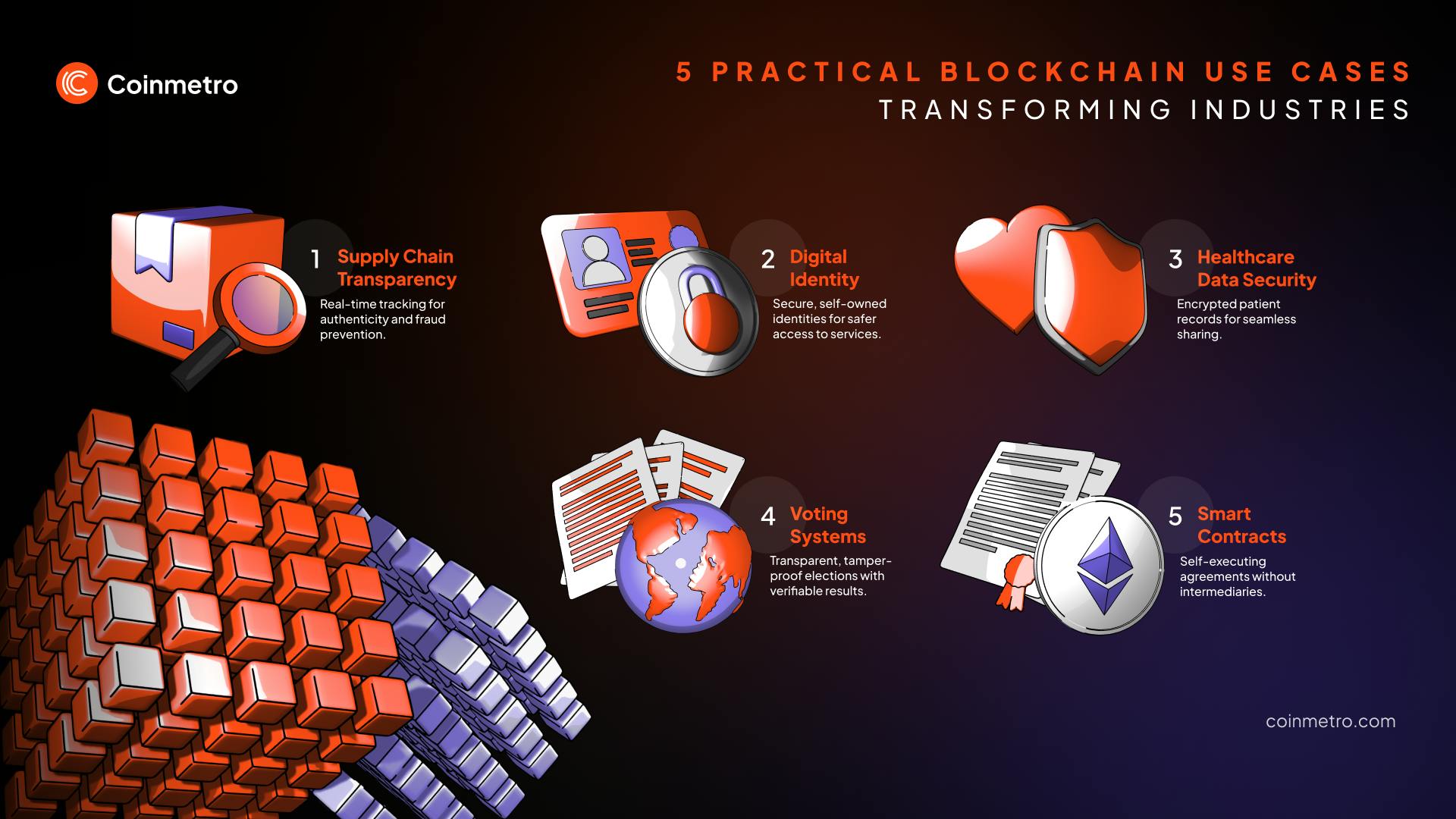
The Problem: Current healthcare systems struggle to keep patient records safe and private. Data breaches expose sensitive information to hackers too often. Sharing records between providers also slows down care.
How Blockchain Helps: Blockchain encrypts patient records so only authorized people see them. It creates a secure system for sharing data quickly. Doctors access accurate information without risking patient privacy.
Real-World Example: Companies like MedRec use blockchain to manage medical records today. Built with security in mind, it connects hospitals and patients. This approach improves trust and care delivery.
Key Benefits:
- Encrypted records for top security. Patient data stays protected always.
- Seamless sharing between providers. Doctors get records fast and safely.
- Better trust in healthcare systems. Patients know their information is secure.
Explore Blockchain Scalability Solutions, Challenges and Future
The Problem: Traditional voting methods carry risks of tampering by dishonest players. Fraud slips through when systems lack clear records or checks. This erodes public trust in election fairness. Paper ballots and old machines also delay results significantly. Citizens question outcomes when they cannot see the process. These flaws can weaken democracy over time.
How Blockchain Helps: Blockchain protects each vote with a permanent, unchangeable entry. It builds a system where every step stays visible and secure. Voters and officials track ballots without doubt. The technology cuts out intermediaries who might alter counts. It ensures votes match the final tallies every time. This creates a stronger, more open election process.
Real-World Example: Estonia effectively runs its e-voting system using blockchain technology. Citizens vote online with confidence in the system’s safety. Other countries now study this model closely. The setup lets voters verify their choices after casting ballots. It proves blockchain can modernize elections anywhere. Estonia’s success highlights a path for global adoption.
Key Benefits
- Increased voter trust through verifiable results. People see proof their vote matters.
- Prevention of electoral fraud. Attempts to cheat show up instantly.
- Faster vote counting and reporting. Systems process results in record time.
Learn The Pros and Cons of Different Blockchain Consensus Algorithms
The Problem: Traditional contracts need middlemen like lawyers, banks, or notaries to work. This reliance adds extra costs that businesses and people pay. It also causes delays that frustrate everyone involved. Paperwork piles up, and disputes take time to sort out. Trust breaks down when third parties make mistakes. These issues hurt efficiency in deals every day.
How Blockchain Helps: Smart contracts use blockchain to manage agreements without intermediaries. They start actions automatically when set conditions match up perfectly. This cuts out slow and pricey intermediaries entirely. The system locks terms in a way no one can change. Parties see every step and know it’s secure. Blockchain makes deals faster and safer for all.
Real-World Example: Ethereum drives smart contracts in fields like real estate and insurance today. Companies use it to pay claims or transfer property titles quickly. Finance sectors also adopt it for loans and trades. House sales can be completed in hours, not weeks. This proves smart contracts save time and effort. Ethereum’s platform leads the way for wider use.
Key Benefits
- Reduced transaction costs and delays. Deals finish without high fees or waiting.
- Trustless execution with automatic enforcement. Rules stick without human error.
- Greater efficiency and transparency. All sides track progress openly.
Beyond these use cases, blockchain is already transforming many other industries. Its ability to secure data and streamline systems now powers advancements in cybersecurity, insurance, and the Internet of Things (IoT). Industries like retail, media, and energy management are integrating blockchain for better efficiency and trust. The technology also supports copyright protection, sustainability efforts, and impact investing, while innovations like non-fungible tokens (NFTs) are transforming digital ownership. This ongoing evolution shows blockchain’s potential to reshape countless sectors worldwide.
Blockchain's biggest strengths are security, transparency, and efficiency. By locking data safely, it fixes weak spots in traditional setups, enabling businesses and people to gain trust and speed in their daily tasks. In other words, blockchain technology paves the way for a more efficient and honest world.
Blockchain is a decentralized network where computers work together to store data securely through a consensus system. This creates a shared, tamper-proof record distributed across multiple devices. It stops anyone from changing records without an agreement, building trust. This matters because it protects information and cuts out fraud in daily life.
Blockchain keeps a single record that everyone in the network updates together. Special rules and codes make sure it stays safe and honest. This removes the need for banks or other go-betweens entirely.
Yes, blockchain uses strong encryption to lock your data tight every time. Hackers find it hard to break in because records are spread across many computers (nodes). This setup keeps personal details safer than most systems today.
Blockchain tracks goods in supply chains, runs deals without lawyers, and secures votes. It can also help doctors share patient files and prove product origins. These uses show that blockchain goes way beyond just digital money.
Blockchain speeds up tasks, keeps things safe and makes processes open to all. It’s changing how we send money and how we shop, vote, and manage health records now. Soon, it could touch every part of our lives with better trust.
Join the Coinmetro community on Discord and Telegram, where forward-thinking traders and investors gather to share insights, explore new opportunities, and dive deep into cryptocurrencies. Should you need any help, please contact our world-class Customer Support Team via 24/7 live chat or email at hello@coinmetro.com.
To become a Coinmetro user today, Sign Up now or head to our new Exchange if you are already registered to experience our premium trading platform.
Tags
Related Articles
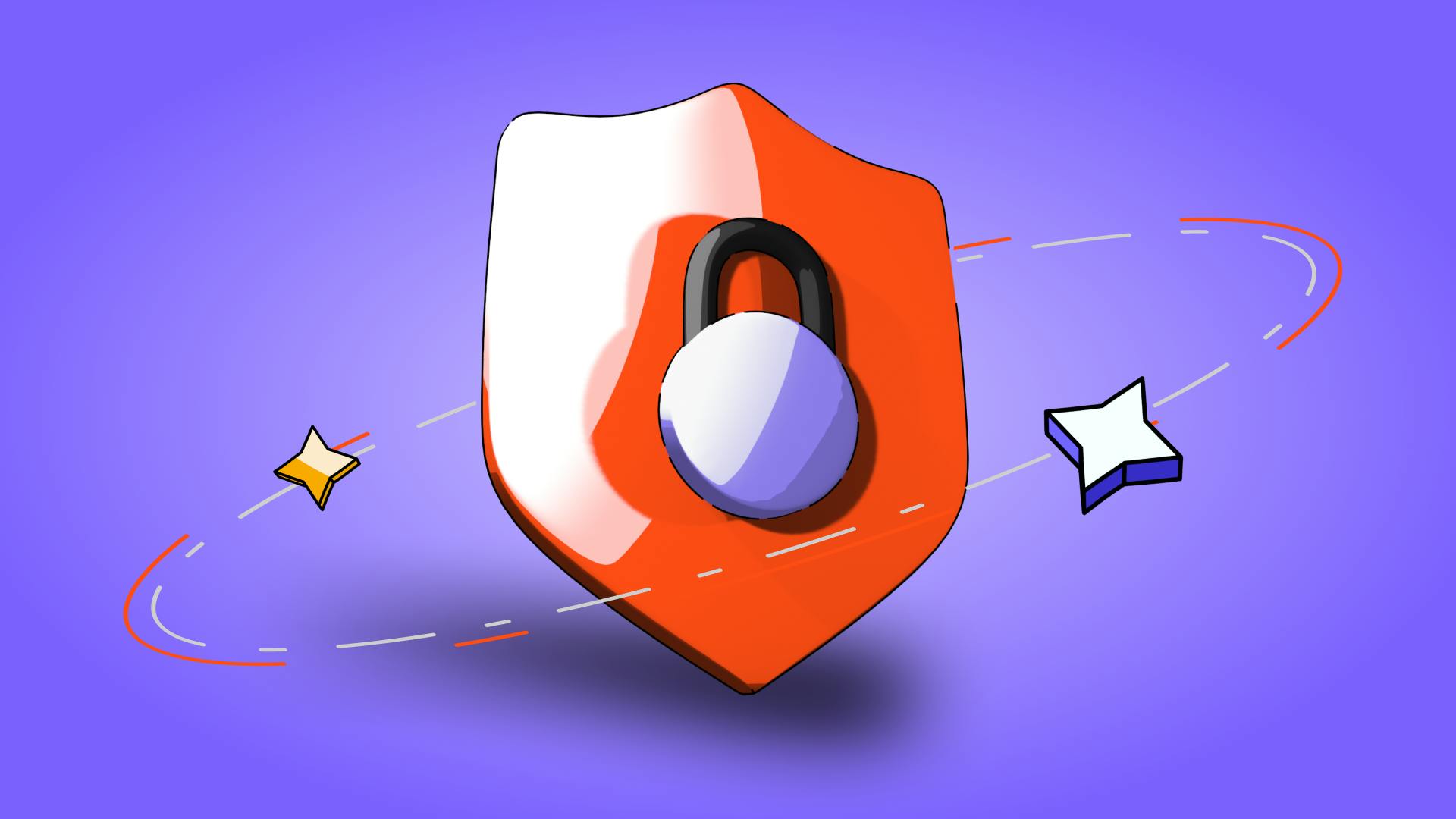
Regulatory Sandboxes: Fostering Crypto Innovation Within Legal Frameworks
The cryptocurrency industry’s fast rise fuels an important debate. Innovation aims to transform finance, enhancing speed and access. Yet, regulators…
5m
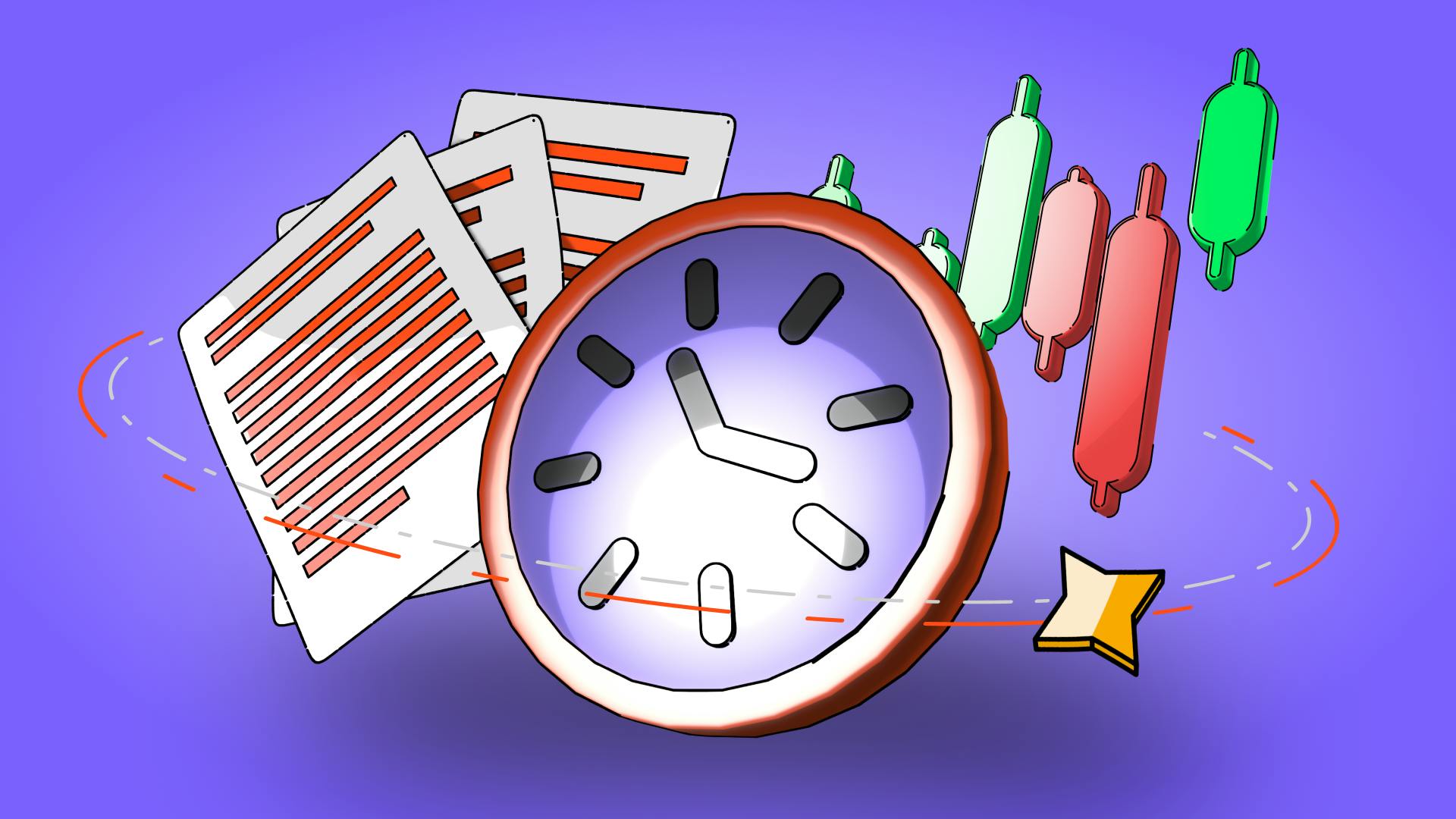
Crypto Options Trading: Strategies and Market Insights
Cryptocurrency markets have rapidly expanded beyond simple buying and selling. One of the most significant developments has been the rise of…
6m
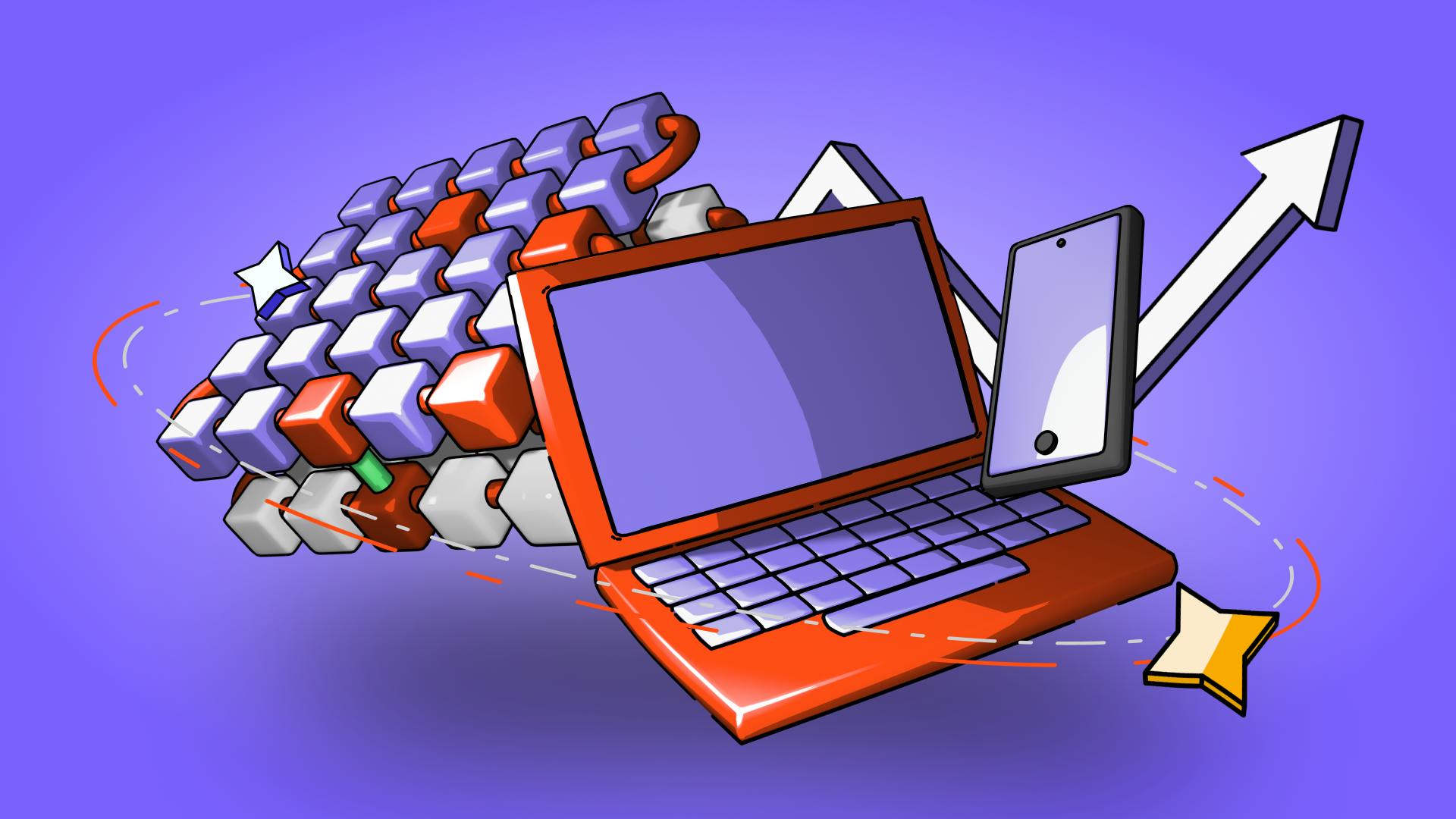
The Rise of Social-Fi: Blending Social Media with Decentralized Finance
In recent years, social media and finance have started to merge, creating Social-Fi. This concept blends the engagement of social platforms with…
6m

DeFi Insurance Platforms to Watch in 2024
Decentralized Finance (DeFi) insurance addresses the growing need for insurance against hacks, smart contract failures, and other DeFi-related risks.…
7m